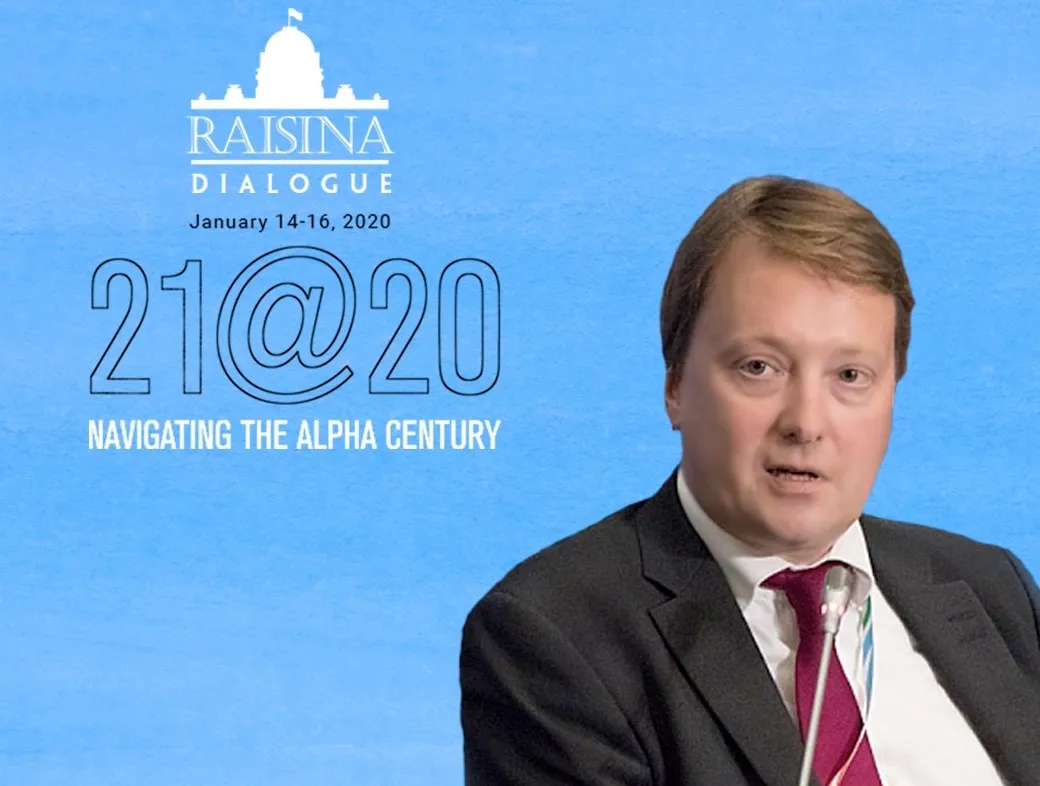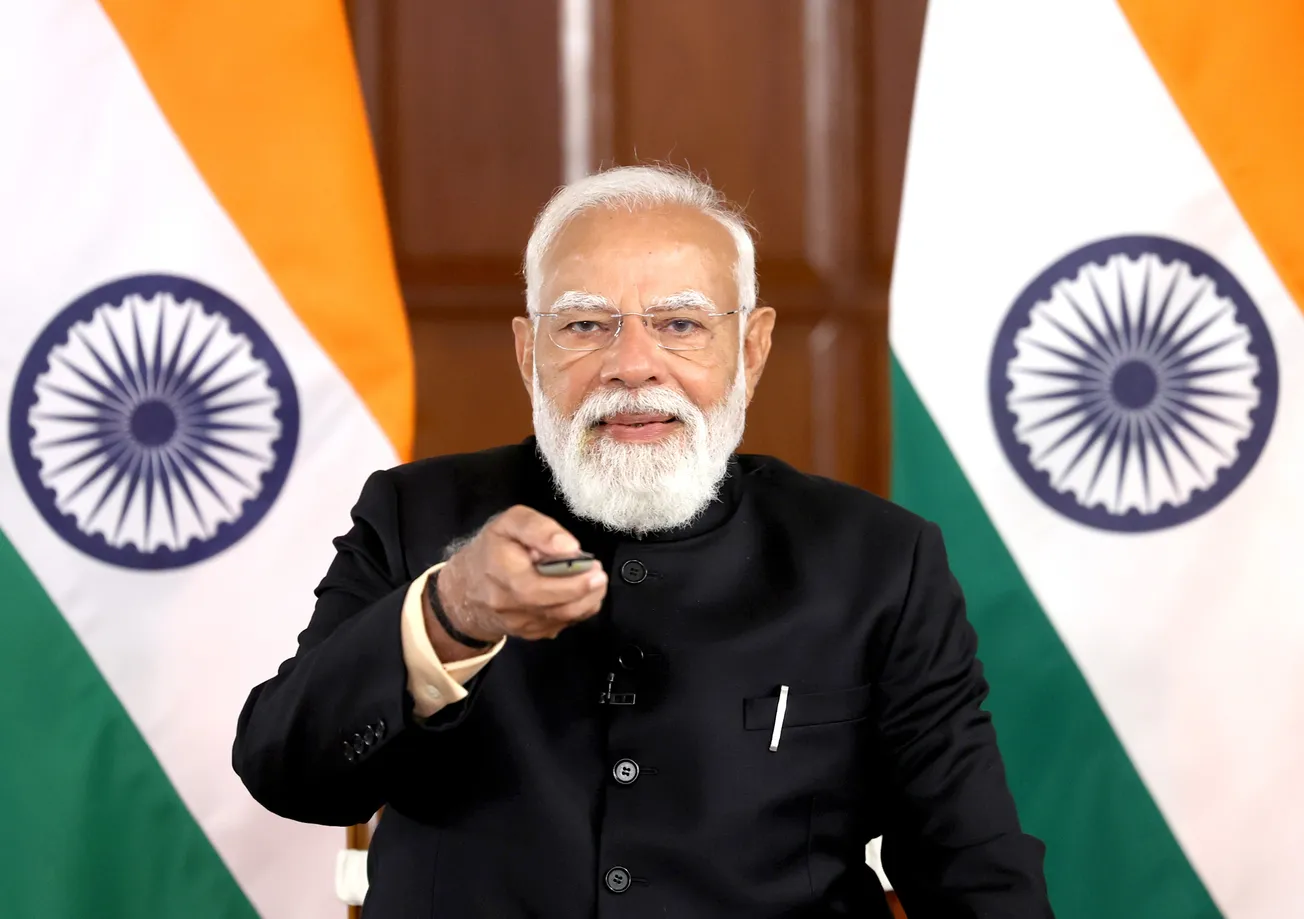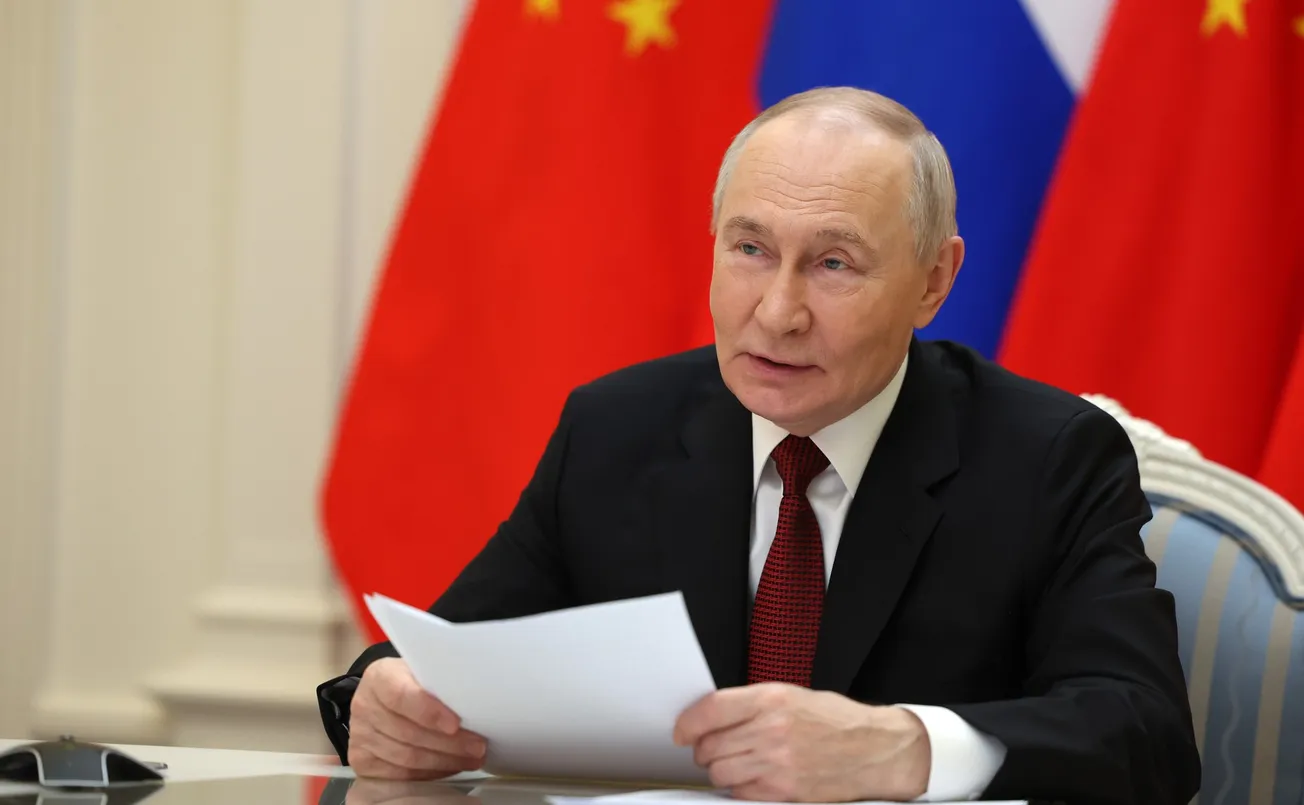The Program Director of Russia’s noted Valdai Discussion Club, Timofei Bordachev, addressed a future for Russia and China’s role, as the “cornerstone of what is often called the ‘world majority,’” to help steer the world through the troubled waters of a collapsing West. RT translated and published his March 28 Valdai article under the title, “The West Is Breaking Up–Here Is What Russia and China Must Do” on April 1. Here are some edited highlights:
“Russia and China have emerged in recent years as standard-bearers of a world that aspires to multipolarity, sovereignty, and respect for international law. Their strategic partnership, tested by global crises and geopolitical turbulence, now serves as a cornerstone of what is often called the ‘world majority'—a growing group of states seeking independence in foreign policy and development. Despite intense Western pressure, including sanctions and information campaigns, Moscow and Beijing have preserved and even deepened their cooperation. This partnership is not only important to both countries, but it also carries global significance. It is a model for how major powers can challenge hegemonic structures while remaining committed to international norms. As Russia and China consolidate their own partnership, they must also pay close attention to major changes underway in the Western world….
“Fractures in the Western bloc. First, there is growing divergence between the United States and its European allies. We have seen Western European capitals express dismay and confusion over several decisions from Washington, indicating a widening strategic gap. As these countries try to recalibrate in response to an increasingly unpredictable United States, mutual misunderstandings are multiplying.” So, China and Russia should have a “coordinated approach to monitoring U.S.-EU relations and engaging in joint analysis will be essential for navigating the future.”
Amongst Western elites, one “camp recognizes the need to adapt to global shifts and internal socioeconomic challenges. Another clings to outdated globalist models, attempting to preserve Western dominance without addressing the root causes of their decline.” The U.S. has an “extreme” polarization where the “outcome of this struggle is far from clear. But it may result in more erratic and aggressive foreign policies, including toward Russia and China. Western elites may try to externalize their internal failures by escalating global tensions.”
On the resilient “Russia-China economic relationship,” the threats of “sanctions and secondary pressure have disrupted trade flows and delayed projects. A critical task for both governments is to identify weak points and develop safeguards.” They need to insulate “their cooperation from external interference” and “reinforce mutual trust and build an even stronger foundation for political alignment...





